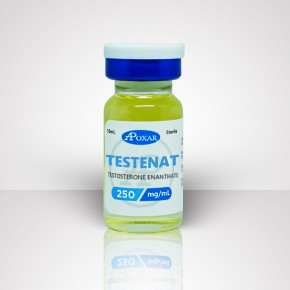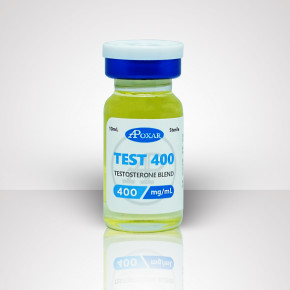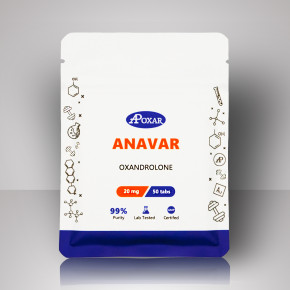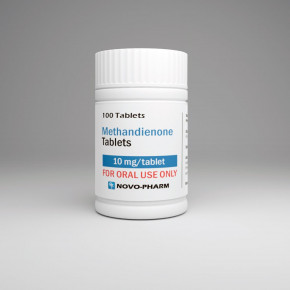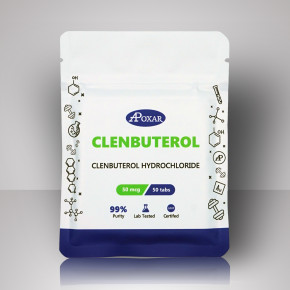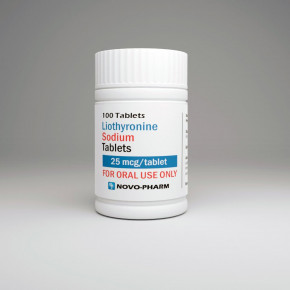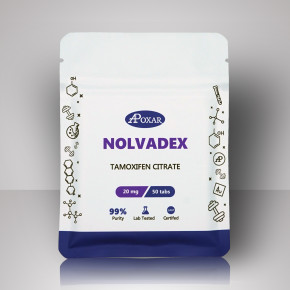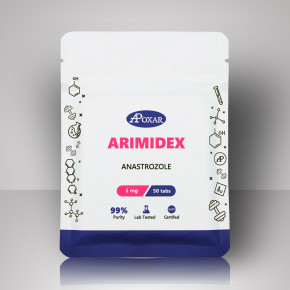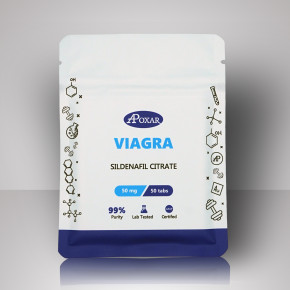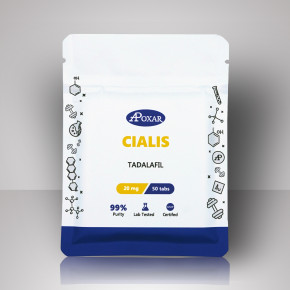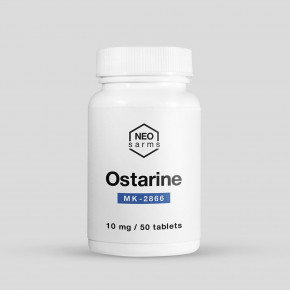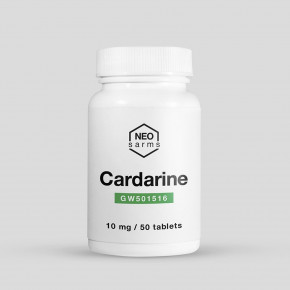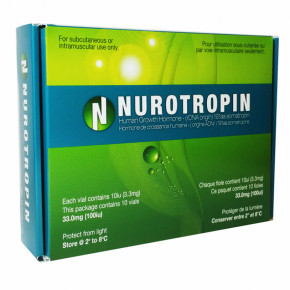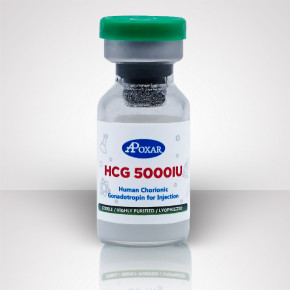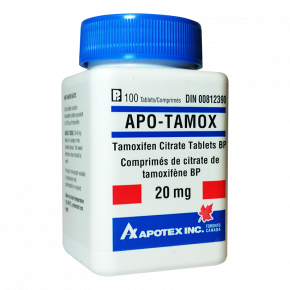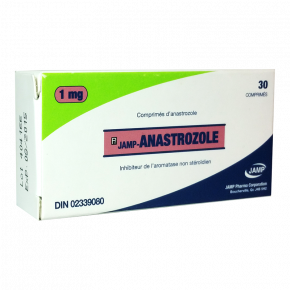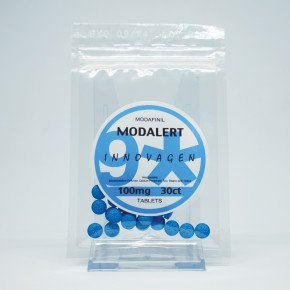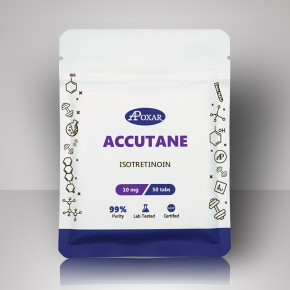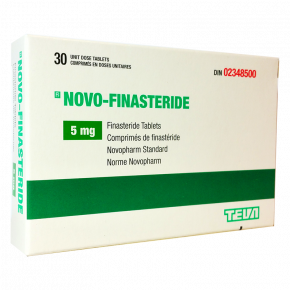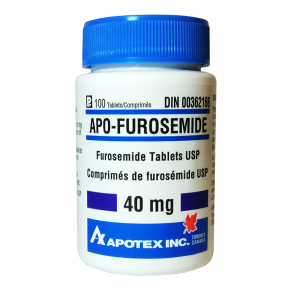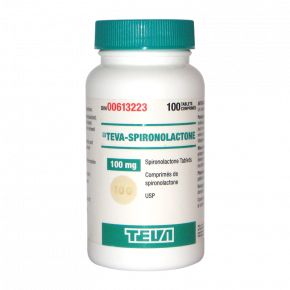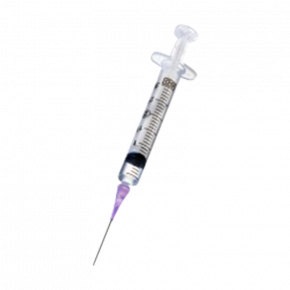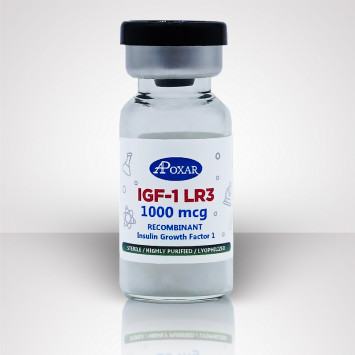 Free delivery for orders over $400
Free delivery for orders over $400IGF-1 – Insulin Growth Factor
As an active hormone, IGF-1 primarily functions to support muscle growth by increasing amino acids, glucose, and fatty acids. It also increases the number of cells in skeletal muscle, leading to increased muscle growth. IGF-1 is for long-term muscle growth. 80 mcg twice a day 10-12 weeks. Works the best in combo with HGH.
-
IGF-1 LR3 1000mcg/vial RECOMBINANT (not synthetic) - Apoxar
$95.00Out of stock
IGF-1 is a protein from the family of insulin-like growth factors, isolated in pure form and obtained as a medicine. It is involved in the endocrine, autocrine, and paracrine regulation of the growth, development, and differentiation of the body's cells and tissues. In the body, it is synthesized mainly by the liver under the influence of growth hormone. Insulin-like growth factor-1, introduced into the body in high dosages, can suppress endogenous production of growth hormone.
Benefits:
Insulin-like growth factor-1 has the following biological properties:
-
stimulates the incorporation of sulfates into cartilage
-
has unsuppressed insulin-like activity
-
stimulates cell proliferation
-
has a pronounced anabolic activity
-
binds to specific transport proteins
-
possesses pronounced immunostimulating functions
IGF-1 is of great interest for its use in sports, especially bodybuilding. Modern medicine is now closely engaged in further developing and improving this drug, such as increasing its anabolic effect.
Only three pharmaceutical companies in the world produce pharmacological preparations of insulin-like growth factor-1 for humans. This is because pharmacologists have not yet reached a consensus on how to classify IGF-1.
Administration and Dosage
This drug enters the body by parenteral routes of administration, when taken orally, insulin-like growth factor-1 is destroyed by digestive enzymes.
Another exciting factor is that this drug does not have a specific dosage or a strict cycle. Moreover, even for medical purposes, such as treating burn patients and those recovering from severe injuries and surgeries, they are also a little unsure of how to use the drug correctly and in what quantities.
Side Effects
Insulin-like growth factor prolongs life - it is one of the essential growth stimulators of the body during its stay at the fetus stage and the setting of early childhood. However, in old age, it enhances the aging process and promotes cell growth and division, which can sometimes lead to cancer.
The increased IGF-1 level also promotes tumor cells' growth and proliferation and increases their survival, migration, penetration rate, and metastatic growth. High IGF-1 levels are associated with an increased risk of primary cancers, including colon, breast, and prostate cancers. These cancers stimulate mitosis (cell division) and delay apoptosis (the process of cell death).

